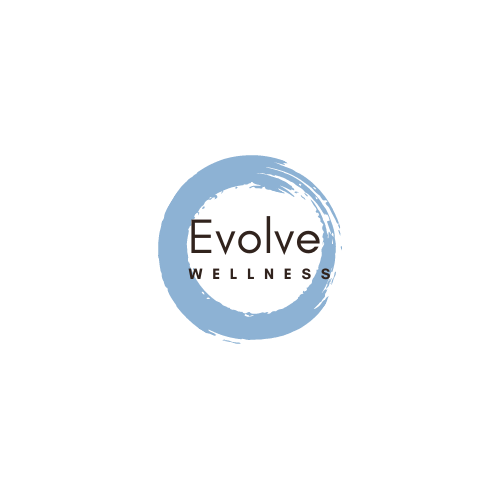Buying organic produce can be really inconvenient and can get really expensive. The good thing is that not all produce has to be organic.
What does Organic Mean Anyway?
According to the USDA, organic refers to the way agricultural products are grown and processed. In the United States, in order to be deemed “organic” crops must be grown without the use of synthetic pesticides, bioengineered genes (GMOs), petroleum-based fertilizers, and sewage sludge-based fertilizer.
Environmental Working Group
On an annual basis, the Environmental Working Group (“EWG”) release their Clean 15 and Dirty Dozen lists. The Environmental Working Group is a non-profit organization that specializes in research and advocacy in the areas of agricultural subsidies, toxic chemicals, drinking water pollutants, and corporate accountability.
The Clean Fifteen-2020
The Clean 15 list specifies the fruits and vegetables that are acceptable to buy non-organic and in a conventional manner since it has the least amount of pesticide residue.
1. Avocados
2. Corn
3. Pineapple
4. Onions
5. Papaya
6. Sweet Peas-Frozen
7. Eggplant
8. Asparagus
9. Cauliflower
10. Cantaloupe
11. Broccoli
12. Mushrooms
13. Cabbage
14. Honeydew
15. Kiwi
Note: A small amount of sweet corn, papaya and summer squash sold in the United States is produced from genetically modified seeds. Buy organic varieties of these crops if you want to avoid genetically modified produce.
The Dirty Dozen-2020
The Dirty Dozen list indicates the fruits and vegetables that are sprayed heavily with pesticides and herbicides which have recently been linked to health and environmental concerns. Ideally, it would be best to buy the items on this list organic.
1. Strawberries
2. Spinach
3. Kale
4. Nectarines
5. Apples
6. Grapes
7. Peaches
8. Cherries
9. Pears
10. Tomatoes
11. Celery
12. Potatoes
13. **Bonus** Hot Peppers
While it would be preferable to buy all produce locally grown and organic, this may not always be practical and realistic due to the: higher cost, inconvenience, location and, time of year.
Don’t Stress! As you can see from the Clean Fifteen list above, buying conventional produce from this list is fine since there is little to no trace of pesticides and toxins.

